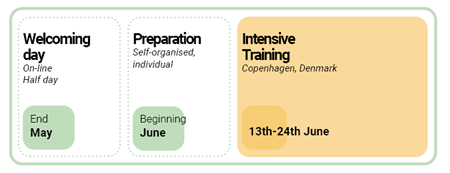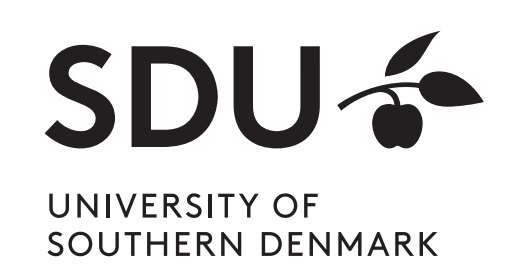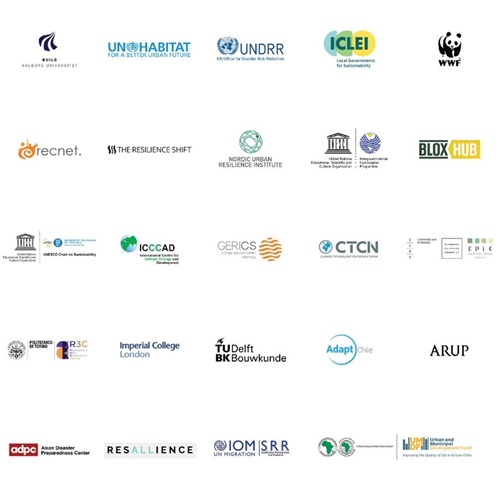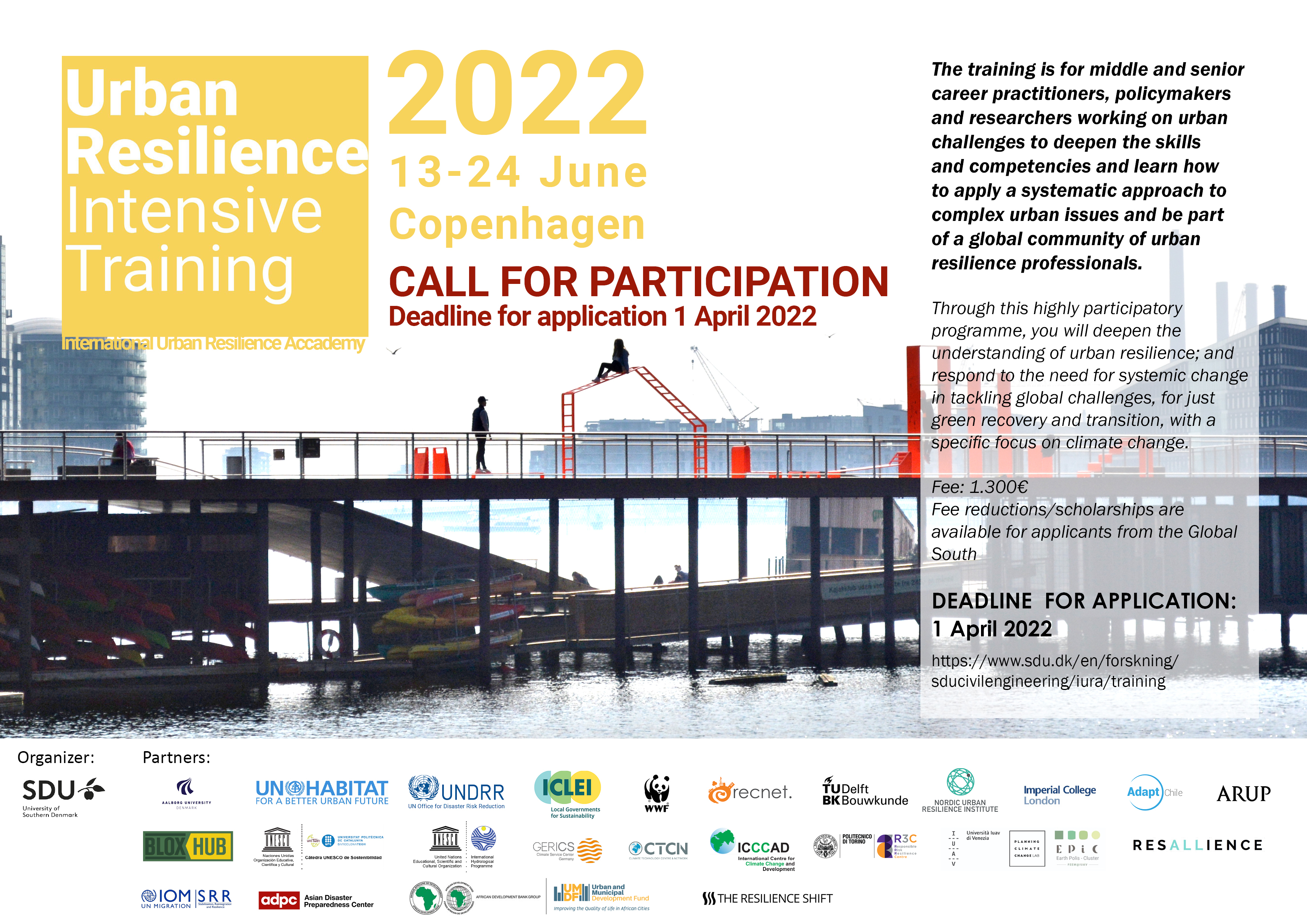Urban Resilience Intensive Training 2022
The Urban Resilience Intensive Training 2022 brings together policymakers, practitioners and researchers for two intensive weeks in Copenhagen, 13th – 24th of June 2022. The training aims at expanding the participants' knowledge on policies, tools, strategic and action planning for resilient urban transition, responding to the need for systemic change in tackling global challenges, for a just and green transition, with a specific focus on climate change.
The training brings together transdisciplinary knowledge and perspectives on urban resilience from science, policy, and practice. The training builds the necessary skills and competencies to respond a systemic transformation to tackle global challenges relevant for the Global South and North. Through a system thinking approach, the program focuses specifically on core topics such as: resilience analysis and profiling, future scenarios, strategic and action planning, as well as on specific topics such as ecosystem services, multi-level governance, nature-based solutions, stakeholders’ analysis and participation.
As part of the programme, the participants are welcome to join the urban resilience community of practice, a vibrant global network of professionals that alumni have initiated from the 2019 program. The community of practice aims to support peer learning and further collaboration.
Read & download the call for participation here
See the 2021 edition of the training here and the report with results here
Urban Resilience Intensive Training 2022
Today over 50% of the world population lives in urban areas, and cities account for 60-80% of global energy consumption and the same level of greenhouse gases emissions, producing 50% of global waste, consuming 75% of natural resources and producing 80% of global GDP.
Cities and their populations are vulnerable and increasingly exposed to rapid and slow on-setting climate and environmental disasters, which frequency and intensity are growing exponentially. Yet, cities are also major centres of economic activity, social life and culture, innovation and knowledge-creation.
Urban resilience aims to increase the ability of urban systems to respond systemically and dynamically to present and future shocks and stresses related to major global challenges as: unsustainable development patterns, rapid and unplanned urbanization, climate change mitigation and adaptation.
Urban resilience is instrumental in addressing both causes and effects of these major global challenges, re-thinking how cities are designed, planned and managed, and fostering innovation. The scientific research on urban resilience has been exponentially growing in the last decade, parallelly a growing number of cities worldwide started developing resilience-related plans and actions, following the recommendations and prescriptions national and international policies, as: Sustainable Development Goals, Paris Agreement, New Urban Agenda and Sendai Framework for Disaster Risk Reduction.
The key challenge for urban resilience is to co-develop and harmonize scientific and practice-led knowledge to support informed and science-based decision and policymaking, to enable our cities to evolve and innovate.
Cities, both in the Global South and North, will need to re-think how they are designed, planned, managed, and lived. However, many lessons can already be distilled and can be used to strengthen the adaptive capacities of cities to face multiple and even concurrent global crises.
The training builds the core skills and competencies for urban resilient transition, including fundaments of urban resilience in research, climate science, international and national policies, and resilience in action. The participants will also acquire core competencies on system thinking, system dynamic, transition theory and transformative strategies/actions.
The training adopts a process design methodology, through which the participants will learn about the use of methods for system and stakeholders’ analysis, future scenarios (forecasting, visioning and backcasting), strategic and action planning.
The training is funded on problem-based learning and the participants, divided into small groups, will respond to a specific challenge, applying specific tools and methods through a system thinking approach.
This year's challenge is focusing on just and green transition in the frame of climate change and how to enhance urban resilience through transformative strategies and actions.
The training will also focus on key cross-sectoral issues, such as: multi-level governance, nature-based solutions, finance, appropriate technology, participatory processes and stakeholder's involvement, generation of co-benefits, urban metabolism, circular economy.
The training is highly participatory and designed for applied learning, aiming to foster peer-to-peer learning among policymakers, practitioners, and scientists, including both participants and lecturers/tutors. The training includes live and pre-recorded lectures delivered by recognized professionals from our partner organizations, group work and social session.
The participants will develop their knowledge on:
- The basis of urban resilience and global challenges science, and research development in different disciplinary contexts.
- International policies (Sustainable Development Goals, Paris Agreement, New Urban Agenda and Sendai Framework for Disaster Risk Reduction).
- Urban resilience practices with specific case studies from cities worldwide, including strategic plans, action plans, and technological solutions.
- Cross-sectorial and thematic issues.
The participants will develop competencies based on system thinking through a process design methodology for urban resilience, including:
- System mapping & stakeholders’ analysis,
- Analysing current and future urban trends and drivers, at local and global level,
- Future scenarios methods: visioning and backcasting,
- Strategic and action planning.
Urban Resilience Intensive Training 2022 is targeted at middle and senior practitioners, scientists, and researchers with different disciplinary backgrounds, including engineering, architecture, planning, environmental, economic and social sciences.
Practitioners from the private and public sectors, including also non-profit organizations.
Policymakers from national and subnational governments and from international and intergovernmental organizations.
Scientists and Researchers from universities and research organizations, including PhD candidates, researchers and lecturers.
The course will be organized during two intensive weeks (10 full days) in Copenhagen from Monday the 13th June until Friday 24th June 2022.
Before starting the Intensive Training, there will be a half-day introductory meeting and a self-organised preparation (reading material and recorded lectures). Then, the two weeks of Intensive Training are mainly organised with lectures and group work.
Upon the conclusion of the training, the participants will receive a Certificate of Participation, for which it is required to attend 80 % of the daily sessions, contribute to the group work and submit the required outputs.
The entire training, including lectures, group work and self-learning, is approximately 125 hours, equivalent to 10 ECTS.

Submission deadline: 8st April 2022
Course date: 13th – 24th June 2022
Urban Resilience Intensive Training 2021 targets middle and senior practitioners, scientists, and researchers with different disciplinary backgrounds, including engineering, architecture, planning, environmental, economic and social sciences.
English language proficiency is required.
There is a limited number of places available, therefore the participants will be competitively selected according to their curriculum vitae, motivation letter and application form.
To apply, send the following documents to kawi@iti.sdu.dk and CC to tek-ura@iti.sdu.dk indicating ‘Application URIT2022’ in the subject line:
- Your curriculum vitae.
- A motivation letter explaining in 300 to 500 words why you would like to participate in this intensive training, how it can help your professional development, as well as what are your competencies and expertise you can contribute to the intensive training.
- The application form
Please note that mandatory documents must be sent as a single PDF file.
Submission deadline: 1st April 2022
There is a fee for participants of 1300 EUR.
The fee covers only the participation to the Urban Resilience Intensive Training. All other expenses, including travel and subsistence (hotel, meals, etc.), shall be covered by the participants individually.
Successful candidates will receive information about the modes of payment once admitted.
A limited number of fee waivers/scholarships are available for participants from the Global South.
Organisers

Partners






